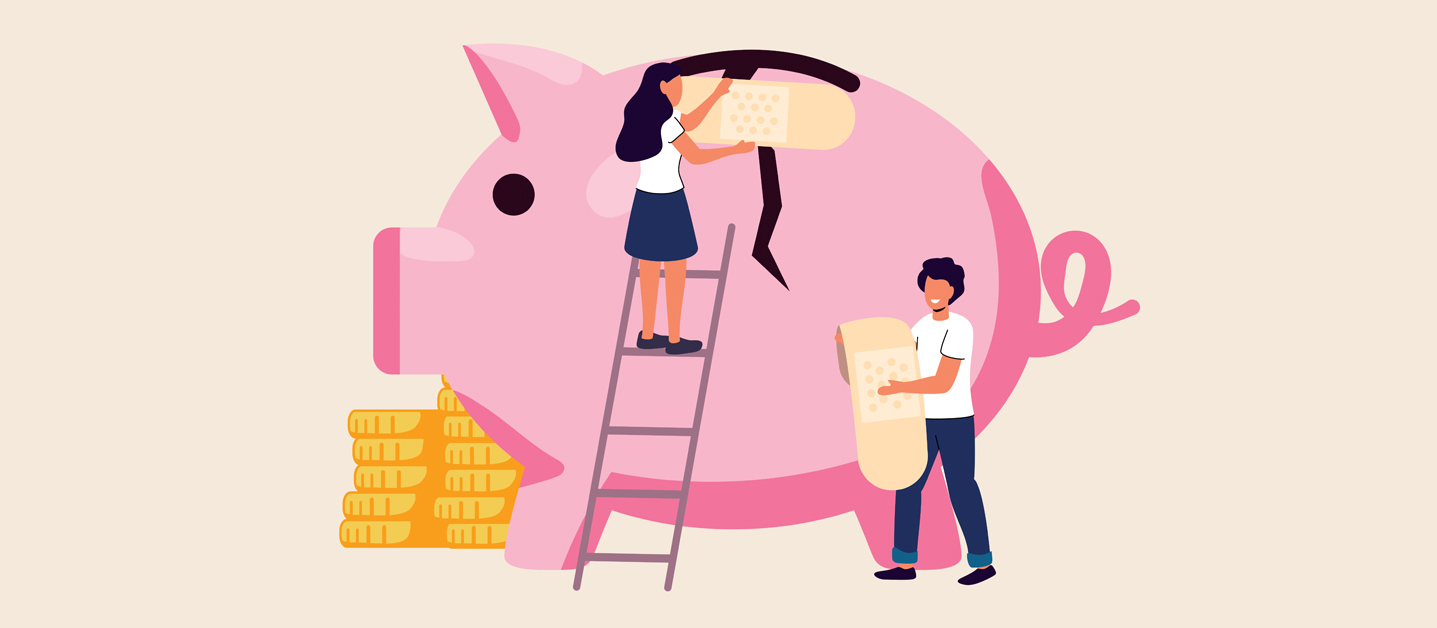We make bids for connection every day. These can be as simple as smile, a text, a hug, sharing a story or idea. Some of our bids get accepted while others get rejected or ignored. These failed bids for connection are behind many of our interpersonal conflicts (aka The Drama Triangle). Last month, we talked about the benefit of utilising strengths in our relationships. When we utilise our strengths, we feel valued which feeds our need for love, belonging and security. Failed bids for connection have the opposite effect. When we fail to connect, we can feel not good enough, insecure, and fearful of rejection.
So, what exactly are these bids? Bids are an attempt to connect to a person or group. Bids can take on many forms. We bid with humour, gifts, providing compliments, giving and seeking advice, sharing achievements, and completing jobs and task. We bid non-verbally with eye-contact, smiles, and touch. The digital world has transformed the way we connect, by giving so many more bidding options. We send texts, posts, links, memes, gifs, blogs, and emails. While this has given us so many may more opportunities and ways to connect, it has also set us up for a lot of failed bids too.
Failed bids can either be bids that someone rejects or ignores. This blog post is a bid for connection with you. If you respond by telling me, this is the worst blog I’ve ever read! my bid has been rejected. Those who fail to read it (not you), have ignored it. Those who engage in it, share it, and talk to me about it, accept my bid. In this example, I know, most people will ignore my bid. I too have a Gmail account with many ignored bids from marketers trying to connect. However, if I wrote this for one person and they did not read it or respond, I would be disappointed. That is to say, not all bids and failed bids hold the same value.
So, what happens with these bids and their varying values? An accepted bid adds a deposit, a failed bid a withdrawal (of the allocated value) to or from our emotional account for that relationship. For as long as you are in the black, you can feel secure in that relationship. When you move into the red, you start to feel insecure, and conflict or disconnection occurs. You might simply shut down this account or protest the deficit. In the case of a protest, this is often when the ledger comes out. This is a detailed list of all the withdrawals brightly highlighted. Any attempt to draw attention to deposits at this time will be futile. The only way to replenish an emotional account is to make further deposits.
Put simply, making more deposits than withdrawals from our emotional accounts will keep us out of the Drama Triangle. Simple in theory, not so much in practice. One of the reasons is, there are a lot of bids for our attention. They come from all angles – partners, family, friends, work, hobbies, businesses. We are going to miss some and can’t accept them all. Also, often by making a deposit in one account we withdraw from another. How many times do you see people in a social context on their phones rather than talking to each other? Are you guilty of this? When we do this, we are often depositing into the wrong account.
Therefore, the first step is prioritising the accounts most in need of deposits. The second is identifying what a bid looks like and which bids are of the highest value for this connection. Yes, we all use different bidding methods, which is another reason bids fail. We do not even recognise them as bids. As one of my favourite artists, Darren Hanlon sings: a kiss sent down the telephone line can come out sounding like a bug being squashed. So, the third step, is recognising fail bids and offering a repair. In this example the returned kiss might take the form of a kiss emoji when you realise your mistake.
Understanding your own bids, is a great place to start. How do you attempt to connect with others? What failed bids disappoint you the most? A great resource to help you consider this is The Five Love Languages by Gary Chapman. While this is a book written specifically with romantic relationships in mind, the different types of communication are transferable to other relationships. In this book he suggests we attempt to connect through quality time, acts of service, gifts, physical touch, and words of affirmation. While we may communicate using a combination of these, we usually have a preference. You can also visit the Gottman Institute website. John Gottman is a relationship researcher who coined the term bids for connection.
Once you identify your bidding style, why not communicate it to others. That way, they know what to look out for. I love connecting with others by sharing ideas and resources that resonate with me. If you made it to this final paragraph, it hopefully means it has sparked your interest. Thank you for accepting my bid to connect with you.
If you wish to engage further with me on this topic you can book an appointment or simply get in touch and share your thoughts, ideas or feedback michelle@bluewrentherapy.com.au

